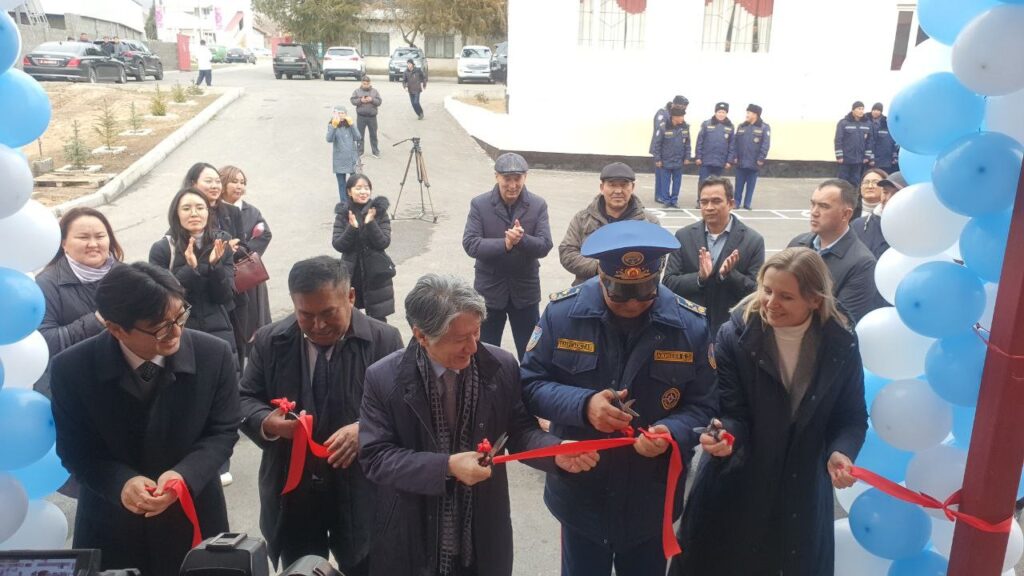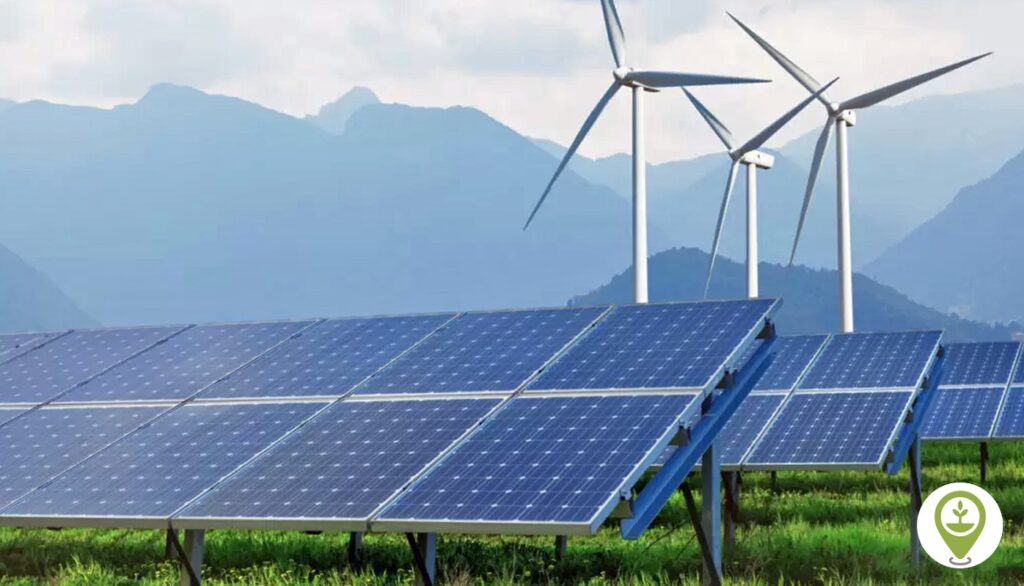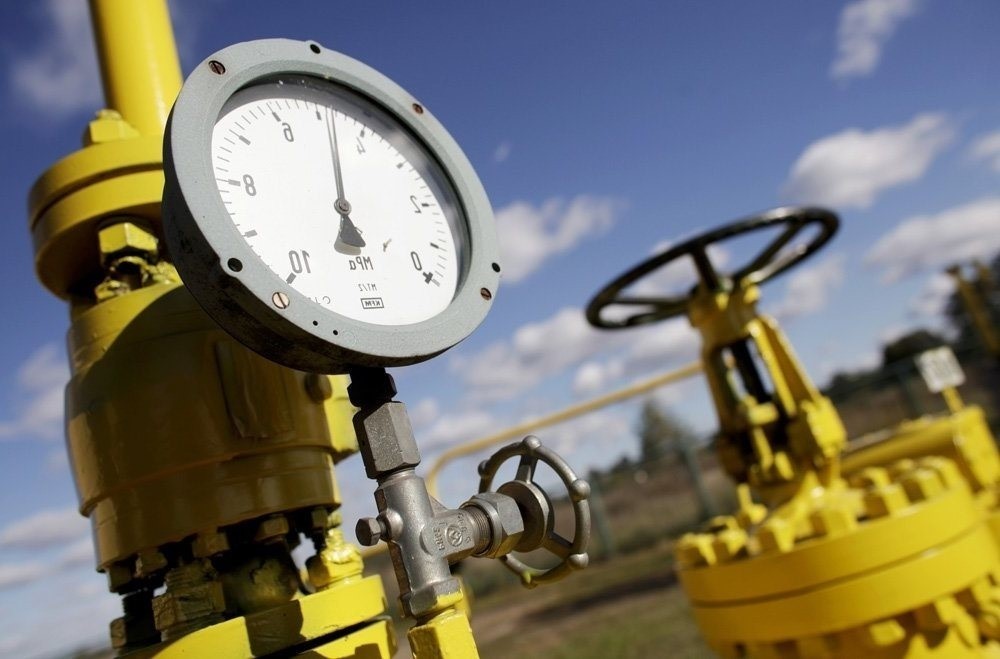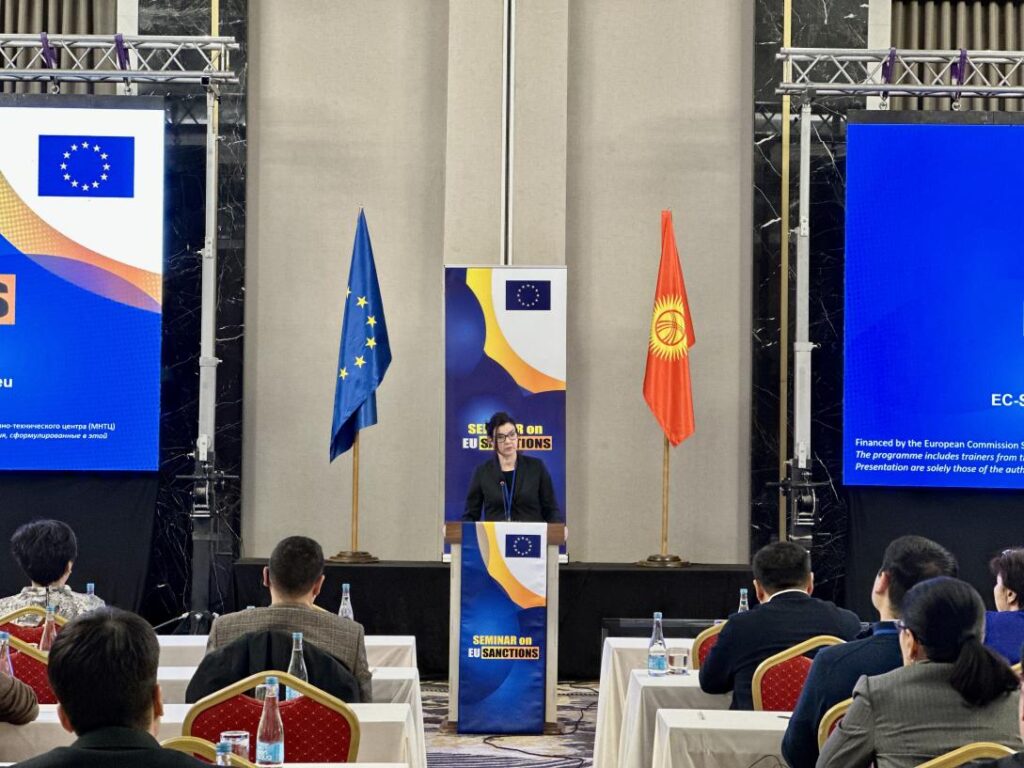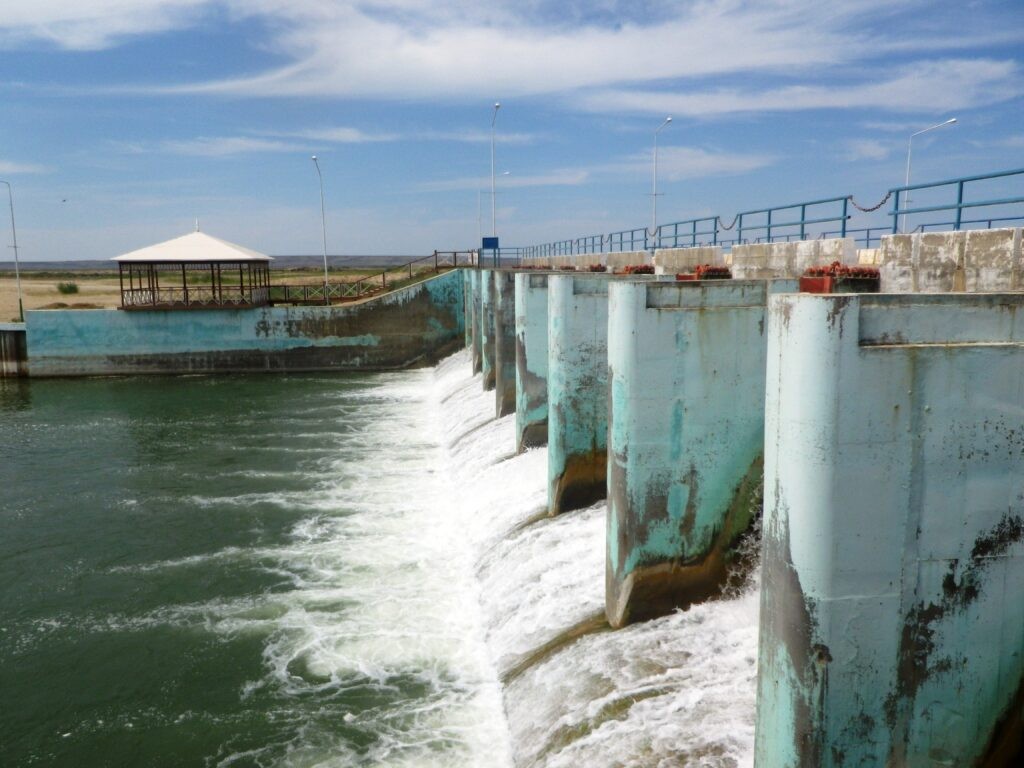Korea Helps Build Firefighting Station in Cholpon-Ata, Kyrgyzstan
On December 8th, a landmark ceremony was held in the city of Cholpon-Ata to mark the successful completion of the construction of a fire and rescue station built by cooperation between the Ministry of Emergency Situations of the Kyrgyz Republic, the Government of the Republic of Korea, the Korean International Cooperation Agency (KOICA), and the United Nations Development Programme (UNDP), the UNDP website stated. The Plenipotentiary Representative of the Kyrgyz President in the Issyk-Kul region, the Minister of Emergency Situations of the Kyrgyz Republic, the Ambassador Extraordinary and Plenipotentiary of the Republic of Korea to the Kyrgyz Republic, KOICA Country Director, and the UNDP Resident Representative attended the ceremony. This construction is part of a broader initiative to construct four fire and rescue stations across Kyrgyzstan, with the other three to be in Bishkek, Osh, and Suzak (Jalal-Abad region). The collaboration aims not only to bolster the Kyrgyz Republic's disaster management capabilities with the supply of modern firefighting equipment and machinery, and to enhance the overall quality of firefighting services. Along with technical assistance, the UNDP improved the working conditions of firefighters, mainstreamed gender equality, expanded universal access to fire services, and ensured adherence to sustainable development principles. Boobek Azhikeev, the Minister of Emergency Situations of the Kyrgyz Republic, noted the project's timeliness, given the annual increase in the number of fires. “Major fires around the world, which have claimed many lives and turned mountain forests into ash, are once again calling for firefighters and rescuer services in Kyrgyzstan to strengthen their efforts,” he said. “As part of our cooperation, we have successfully implemented the initial stages of a grant project to increase the capacity of the fire and rescue service with a total amount of $8 million.” The Ambassador of the Republic of Korea to the Kyrgyz Republic, Mr. Lee Won-jae stated that “since establishing diplomatic relations in 1992, Korea and Kyrgyzstan have expanded cooperation in various fields, and we hope that exchanges and cooperation between the two countries will expand and deepen in the future. The Korean government plans to continue to strengthen development cooperation to assist Kyrgyzstan's socioeconomic development and improve the quality of life of its people.” Ms. Alexandra Solovieva, the UNDP Resident Representative, emphasized the importance of disaster risk reduction and climate emergency response. “We joined hands to expand access to more than 400,000 people to receive timely assistance in case of emergencies,” she stated. “We worked to reduce incident response times by providing modern equipment and technology that play a key role in saving the lives of people in the Issyk-Kul region.” While the Cholpon-Ata fire and rescue station is now operational, construction in Bishkek, Osh, and Suzak is progressing and is expected to be completed by next year.
